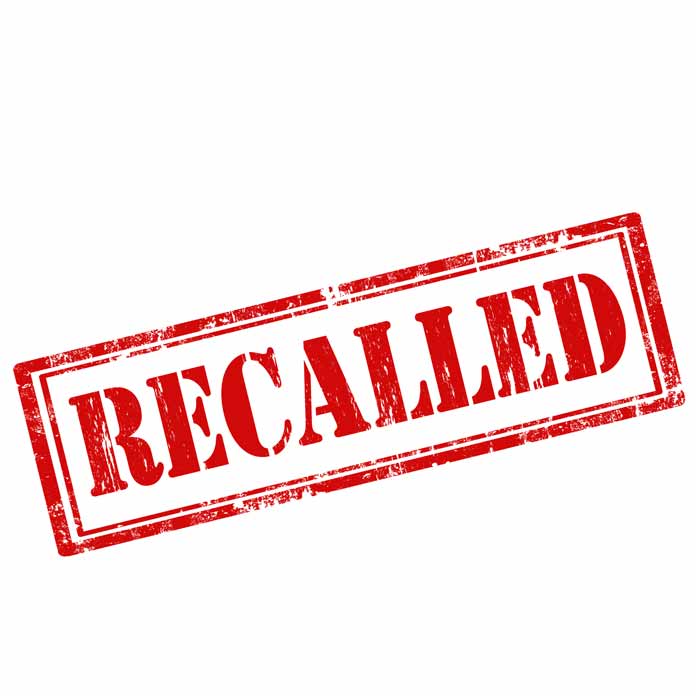Based on its recent study of supermarket recall protocols, US PIRG says grocery stores need to be doing more to protect consumers. The U.S. PIRG Education Fund surveyed 26 supermarket chains and found that all of them need to improve recall policies and practices. US PIRG gave failing grades to all but four grocery chains. Target, Kroger, Smith’s and Harris Teeter were all given the letter grade C.
US PIRG, an independent, non-partisan group, said most stores declined to respond to the surveys they were mailed, so instead the group analyzed publicly available information about each company’s recall efforts.
Why This Matters
Giving consumers the most information possible to help them make informed choices will prevent illness and save lives, Pritzker said.
Recommended Changes
Based on its findings, US PIRG Recommends that the U.S. Food and Drug Administration (FDA) and the U.S. Department of Agriculture (USDA), the two agencies charged with safeguarding the nation’s food supply, require stores to:
- Make recall notification policies available to the public on websites and upon request;
- Post recall signage at the cash register and on the store shelf where the product would normally appear for at least two weeks for perishable foods and at least one month for frozen foods.
- Require recall signage to include the product name, image, reason for recall, the UPC, and instructions for how consumers should handle the product.
- Require stores to create direct customer notification programs that alert consumers of recalled products within 48 hours of a recall.
